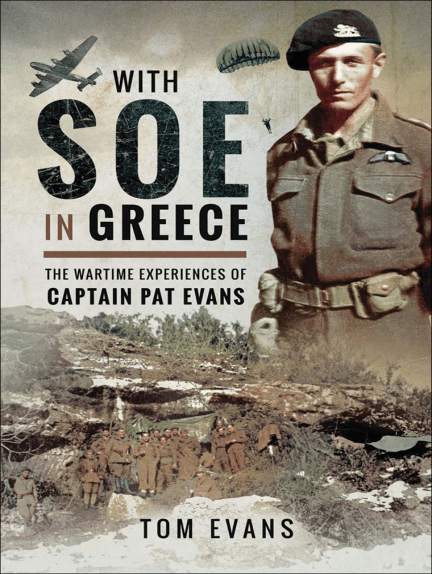• 1944 •
It is also important to emphasize that the inhabitants, just as they
are not Greeks, are also not Bulgarians or Serbs or Croats. They
are Macedonians…The Greeks always call them Bulgars and
damn them accordingly…If they were Bulgars, how is it that while
they are spread over parts of four countries, one of which is
Bulgaria, they consider themselves a single entity and for the
most part describe themselves as Macedonians?
• 1944 •
The same tenacity comes out in Macedonian songs, the
traditional ones as well as those which have been made expressly
in the present war. It is true that the songs usually mention
Macedonia and not one particular place in Macedonia, but the
feeling, which runs through them, is a simple and direct love of
country, not an intellectual enthusiasm for a political
ideal…Passing through them all is the Macedonian’s love of the
place he lives in.
• 1944 •
Macedonian patriotism is not artificial; it is natural, a
spontaneous and deep-rooted feeling which begins in childhood.
• 1944.12 Captain P.H. Evans, talking about Aegean Macedonia •
It is predominantly a Slav region not a Greek one. The language
of the home, and usually also of the fields, the village street and
the market is Macedonian, a Slav language…The place names as
given on the map are Greek… but the names which are mostly
used…are Slav names….Greek is regarded as almost a foreign
language and the Greeks are distrusted as something alien, even
if not in the full sense of the word, as foreigners. The obvious
fact, almost too obvious to be stated, that the region is Slav by
nature and not Greek, cannot be overemphasized.

